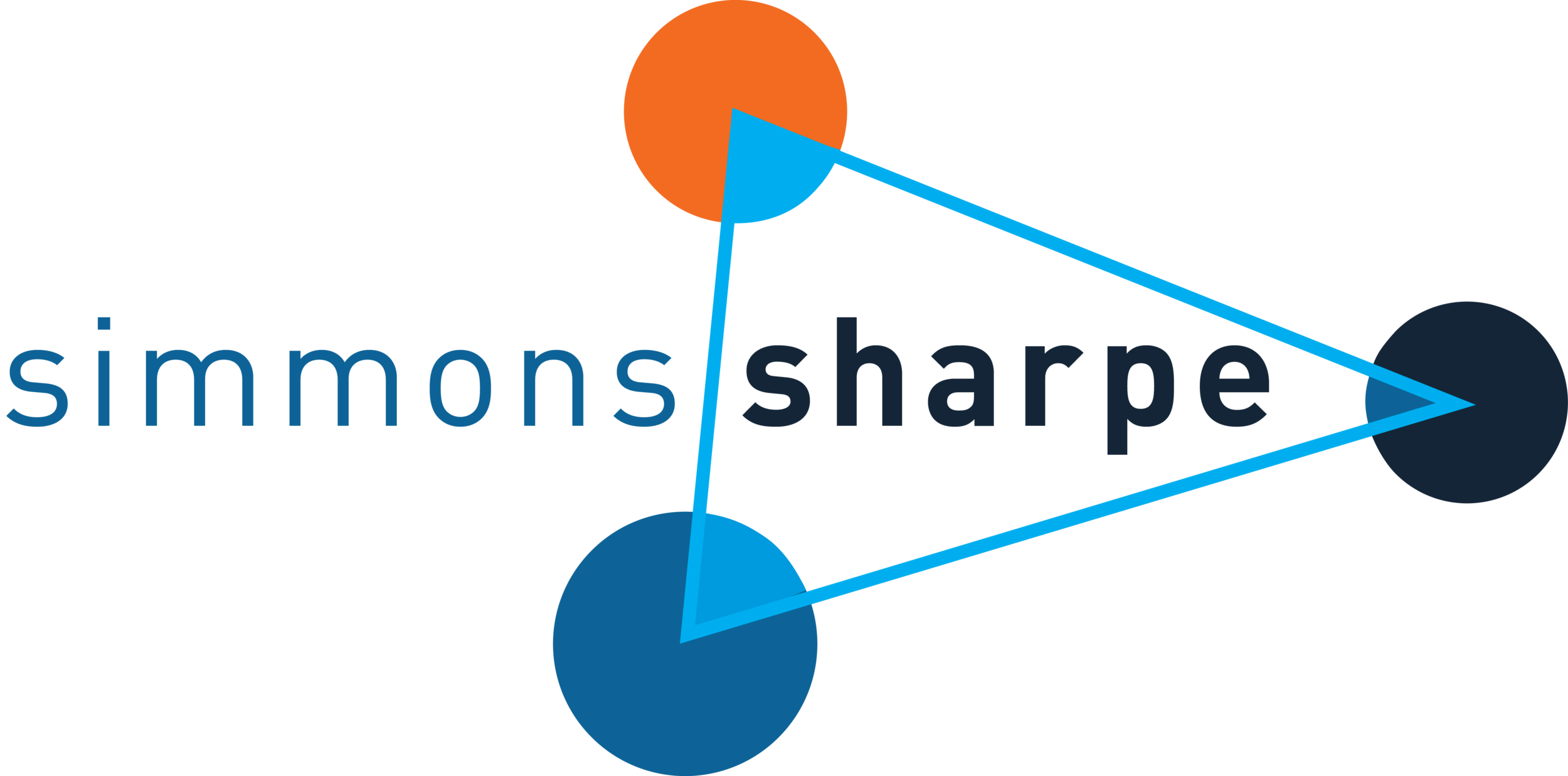Facebook Raises Their Game in Influencer Marketing
Facebook is giving influencer marketing companies a new competitor - Facebook. A leaked announcement on TechCrunch says that FB has created a search engine that lets brands search for appropriate influencers by interests, gender, countries where they are popular, relationship status, whether they own a home, and a host of other variables.
“The search engine’s results page shows a list of creators with each’s audience match percentage to the search terms, percentage of their followers they reach, engagement rate, follower count and video views. ”
Brands can then connect directly with the influencers to book them for campaigns. Facebook is not collecting a fee for this service during the initial trial run, although I'll bet they do once it is rolled out in full. Facebook also has not expanded this offering to Instagram or YouTube yet, although the smart money says they likely will since that is where influencers live.
This is part of an interesting trend of the big FAANG platforms (Facebook, Apple, Amazon, Netflix, and Google) creating data-enabled tools for the rest of us, leveraging their massive advantages of scale, capital, and access to huge amounts of data. I first wrote about how these advantages can be used by big companies to ensure they remain disruptors, not disrupted, in my 2015 book, Reinventing Dell: The Innovation Imperative. It is increasingly clear that these large companies are leaders, at the platform and infrastructure level, of the digital revolution.
Facebook is helping connect brands directly with influencers based on key characteristics that can help make sure the influencer is a fit with that brand's product or image. The key with building long-term customer engagement using an influencer strategy is authenticity. Customers can smell an advertorial from 100 meters away. The match based on characteristics will help, but authentic content is also key, as is an influencer who invests appropriate time into his or her posts. Research with 1,152 brands and over 5,000 influencers from Gartner Group indicates that smaller influencers (<25k followers) are better at driving engagement. This may be due to the authentic and more targeted nature of their posts. Mega-celebrity influencers (7M+ followers) can also work due to their massive reach.
“Over 42 percent of influencers tagged in brand Instagram posts provided a lift in engagement, with advocate, micro, and celebrity influencers being the safest bets.”
Source: Gartner Group, Influencers: Selection Strategies, April 2018
Our own research, in the course of our financial services work, supports the need to choose an influencer who will resonate with the target audience, and persist with that influencer over time. BMO worked with millennial influencer Lena Almeida, a radio/TV host and "family travel influencer" on a retirement savings campaign in February of this year. She hosted Twitter chats, which drove the two massive spikes in Twitter volume (source: Social Studio) in late February and early March.
Source: Social Studio/Radian6
Now, BMO seems to be working more with personal finance and money experts Barry Choi and Jessica Moorhouse, which is likely a better fit for a financial brand, although influencers skew heavily millennial, making it harder for brands to find a match with a Boomer topic like retirement.
Like nearly every new shiny thing in marketing, influencer marketing is likely worth a series of small, thoughtful experiments for your brand. The key is to ensure the influencer matches the brand, and posts content that is authentic and relevant to that audience. New tools from major platform companies will give brands more choice than ever.
Choose wisely, measure the hell out of the results, and refine as you go.




